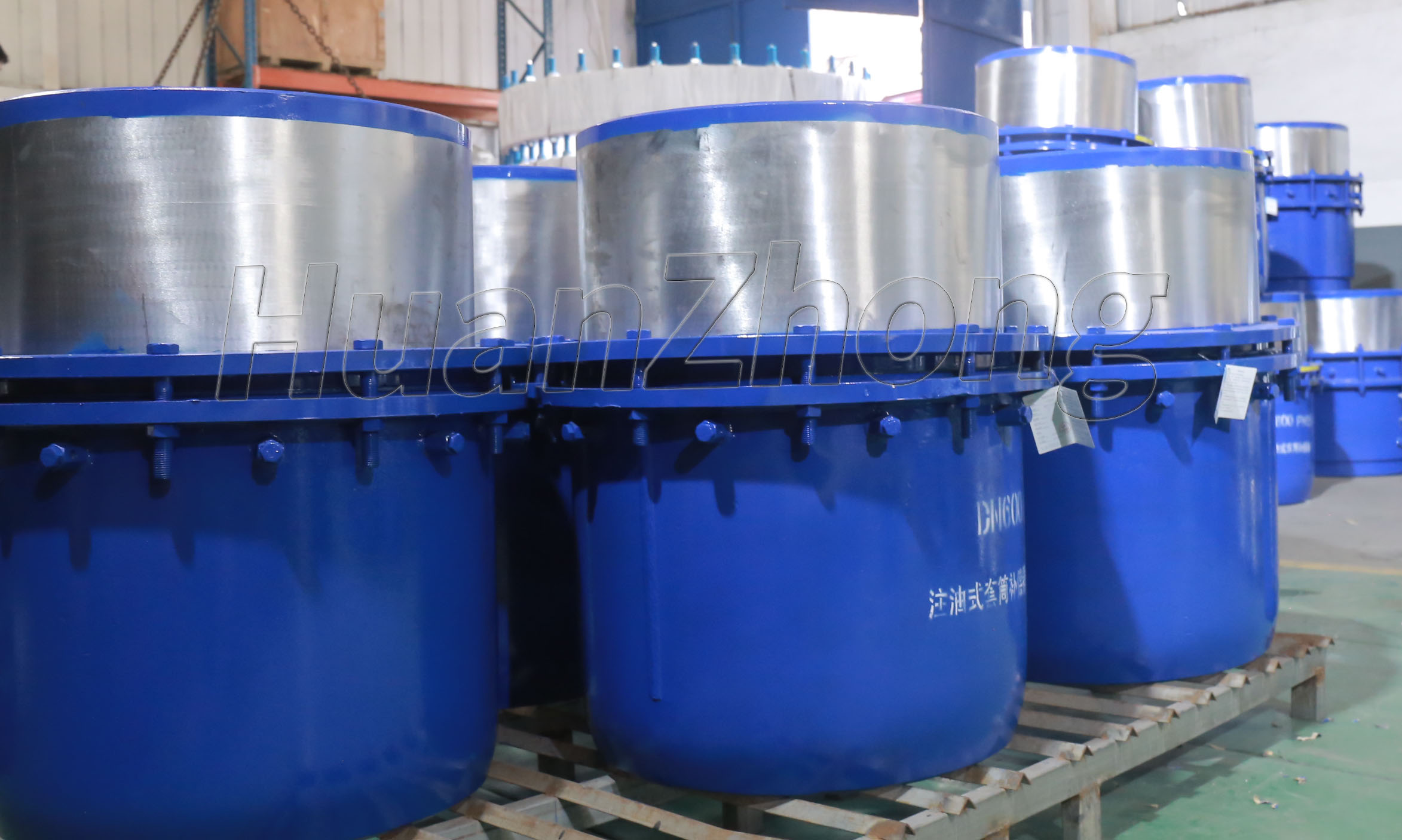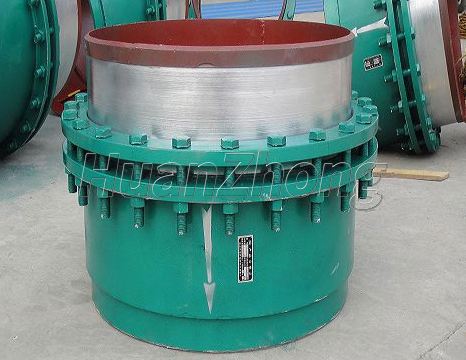Sleeve compensator pictures and prices
A serious form of corrosion of the sleeve compensator is local corrosion, that is, stress corrosion cracking, pitting corrosion, intergranular corrosion, corrosion fatigue and crevice corrosion. These local corrosion caused by the failure cases almost account for more than half of the failure cases. The necessary condition for stress corrosion cracking to occur is the presence of tensile stress, whether it is residual stress or applied stress, or both and the presence of a specific corrosive medium.

The formation and expansion of the sleeve compensator is approximately perpendicular to the direction of the tensile stress. This stress value leading to stress corrosion cracking is much smaller than the stress value required to fracture the material in the absence of a corrosive medium present. Intergranular boundaries are crystallographic orientation of different intergranular disorder misfit boundary city, therefore, they are sleeve compensator in a variety of solute elements deviated or metal compounds (such as carbide and δ phase) precipitation precipitation of the favorable area city.
In some corrosive media, it is not surprising that intergranular boundaries may be corroded first. This type of corrosion is known as intergranular corrosion, most metals and alloys in a particular corrosive medium may show intergranular corrosion. The term used to describe the corrosion phenomenon that occurs in a relatively uniform manner over the entire surface of the alloy.

When corrosion occurs, the village material due to corrosion and gradually thinning, or even material corrosion failure. Intergranular corrosion can be a problem when used under heat or during welding. In this type of sleeve compensator, some in addition to containing more chromium (Cr), but also matched with the addition of more other alloying elements, such as nickel (Ni), so that it has good chemical stability in the air, water, steam, and in many kinds of acids, alkalis, salts in aqueous solutions also have sufficient stability, even in high or low temperature environment, can still maintain its corrosion resistance advantages.
In the air or weak media can resist erosion of the sleeve compensator can be called sleeve compensator, that is, the general sleeve compensator; in some strong corrosive media can resist erosion of the sleeve compensator called corrosion-resistant sleeve compensator. Sleeve compensator is not necessarily corrosion-resistant, while corrosion-resistant sleeve compensator certainly will not rust, of course, worthy of the name of sleeve compensator.

